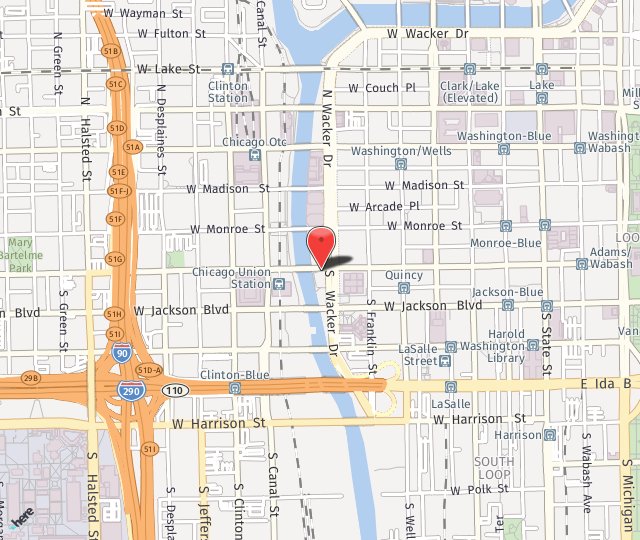The holiday season can be a bit confusing for employees in terms of holiday pay, overtime, and extended hours. If the busy holiday season has your boss asking you to work late or work extra days, it is important to understand your rights as an employee to ensure you are fairly compensated for your time.
Unfortunately, wage theft and overtime violations happen in all industries and throughout the year. If you feel your rights are being violated, consult one of the employment law attorneys at Markoff Leinberger. We have addressed some common holiday wage concerns below.
Am I Entitled to Holiday Pay?
Neither federal nor Illinois state law requires employers to pay for a holiday that you do not work or to pay a higher pay rate for time worked on a holiday. Some employers may voluntarily agree to pay a premium rate or pay a full day’s pay on a holiday even if the business is not open, but unless such an agreement exists between you and your employer, you are not entitled to holiday pay.
One Day Rest in Seven Act
Extended hours during holiday season can be a good opportunity to get some extra hours in, but know that you are entitled to a 24 hour break every seven day work week. Per Illinois law, your employer cannot require you to work seven consecutive days without a 24-hour break.
Your employer can request permission from the Illinois Department of Labor (IDOL) for employees to be able to work seven consecutive days. A statement must be provided by your employer stating that employees who work seven consecutive days are doing so voluntarily.
Holiday Overtime
Often, the holiday season, as it lines up with the end of the year, can mean crunch time and working overtime. In many cases, employees are entitled to a wage of one and a half times their normal wage for hours worked in excess of a 40-hour week. Some exemptions apply.
It is not unlawful for an employer to mandate overtime hours as long as they do not violate the One Day Rest in Seven Act. However, when employers use unlawful employment practices to avoid paying overtime or legal wages, you may have grounds for legal action. Unlawful tactics can include:
- Not logging your start and end times accurately, such as rounding up or down
- Paying your normal wage instead of a wage that is one and a half times your normal wage
- Splitting your hours among different locations to keep your hours accrued at each location below the overtime threshold
- Automatically logging breaks, whether you took them or not
- Asking you to work late without pay
Wage and Hour Reminders
Illinois law requires employers to give employees a meal period of 20 minutes if you work seven and a half hours or more. The meal break has to be provided within five hours of your start time.
The minimum wage in Illinois for adults aged 18 and up is $8.25 per hour through the end of 2019. As of January 1, 2020, minimum wage will be $9.25. If your employer is paying you less than minimum wage, they could be in violation of the law. There are some exceptions for employees in training and employees who get tips as part of their employment.
Call Us to Schedule a Free Consultation
If your employer is not providing breaks, not paying overtime, demanding that you work seven consecutive days, or otherwise engaging in unlawful practices, call the employment law attorneys at Markoff Leinberger for a case review.
Some wage theft cases can be handled on an individual basis. In cases where numerous employees are affected by the same unlawful employment practices, a class action lawsuit may be the most effective way to hold the company accountable. Call us at 312-726-4162 to discuss your case at no cost. We serve clients in Chicago and across the U.S.

